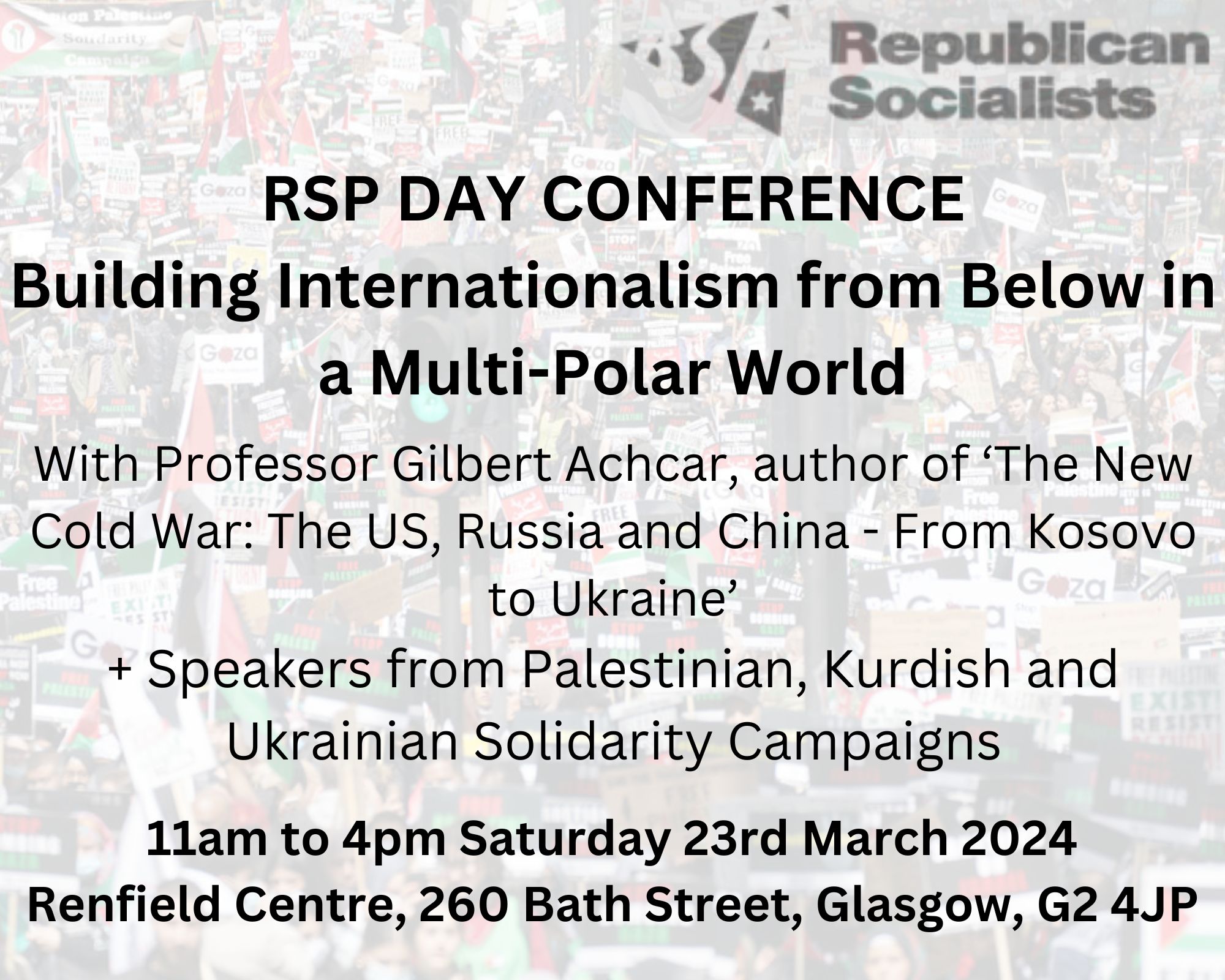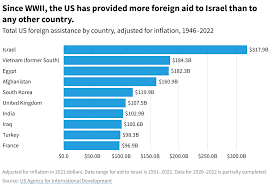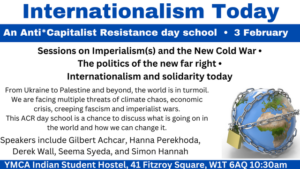We can never forget Palestine
The latest post on MedyaNew by Sarah Glynn, Scottish Kurdish rights activist, talking on the relevance of Gaza to the Kurdish struggle and video on Twitter/X.
Sarah Glynn, herself an anti-Zionist Jew, discusses the relevance of Gaza to the Kurdish struggle. She states that the Palestinians of Gaza are undergoing a genocide. Israel’s attack on Gaza will have a major international impact, as well as a direct effect on the power balance in the Middle East, Glynn says. Both Palestinians and Kurds suffer oppression under occupation, and the oppressors attempt to undermine a historic solidarity between the oppressed, the columnist warns, while celebrating the success of the Kurdish Freedom Movement as a model of peaceful coexistence in the fractured multi-ethnic region.
Sarah Glynn
🖊 @sarahrglynn | Social scientist Sarah Glynn links the Palestinian cause and the Kurdish movement, in terms of occupation, oppression and resistance.#Palestine | #Occupation | #Genocide
🔗 https://t.co/0eHRGxSApz pic.twitter.com/jTc3WnMbeN
— MedyaNews (@1MedyaNews) March 11, 2024
There is little that can be said about Palestine that has not already been said. There are no words left to describe the horror of the images daily streamed from Gaza, the brutality of the Israeli government that is inflicting this horror, and the depraved callousness of the international politicians who are enabling it. We are living through an epoch-changing moment, but I want to talk here about its specific relevance to the Kurds and the Kurdish struggle, and why no Kurd can ever forget Palestine. Some of these reasons are universal ones, others are specifically Kurdish.
The first reason is a simple one. The Palestinians of Gaza are undergoing a genocide, and nothing can ever justify that – not morally, and not legally either. This genocide is being committed brazenly in the full view of the whole world and with the complicity of international governments; only the biggest of mass mobilisations can stop it.
Second, the impact of what is happening in Palestine will be of huge global importance. It raises vital questions about the nature and feasibility of international law, and feeds into the changing balance of world power. The repeated exposure of Western, and especially American, hypocrisy will have international implications.
Third, more specifically, Israel’s attack on Gaza is having a direct effect on the balance of forces in the Middle East. What is happening in Palestine impacts every part of Kurdistan. In North and East Syria, Kurds fighting ISIS have a tactical alliance with the United States (an uncomfortable position to be in) and both have come under fire from pro-Iranian militias under the banner of the Axis of Resistance. In Turkey, Recep Tayyip Erdoğan is trying to present himself as the leading defender of the Palestinians (even while still trading with Israel and enabling the passage of over 40% of Israel’s oil supplies that come from Azerbaijan). In Iraq, America’s support for Israel is putting US forces under increasing pressure to leave the country. And in Iran, the regime is using Gaza to strengthen their position on the international stage, and to present themselves as on the right side of history. All this is in addition to the serious danger of the fighting spreading to other parts of the Middle East.
Fourth, both Palestinians and Kurds suffer oppression from occupying powers, and they have historically show solidarity with each other’s struggles. Turkey and Israel share a similar colonial and ruthless approach to the main ‘other’ ethnic group over which they attempt to maintain control. Both deny basic rights and freedoms, including the right of self-determination. Both are quick to brand any-and-all resistance as ‘terrorism’, and to use this to justify brutal suppression. Both have no qualms about extending their classification of terrorists to include a whole population, and subjecting that population to collective punishment, including the destruction of homes and displacement of long-established communities. Both carry out aggressive invasions under the pretence of defence. Statements put out by Presidents Erdoğan and Netanyahu are almost interchangeable, if you just swap “Kurds” with “Palestinians”.
Historically, there was strong mutual support between the PKK and leftist groups in the PLO. The Palestinians helped train the PKK guerrillas, and thirteen PKK guerrillas died fighting against the Israeli occupation of Lebanon. Connections have been kept up by the Kurdish Freedom Movement more generally. Leyla Khaled of the Popular Front for the Liberation of Palestine (PFLP) is a supporter of the pro-Kurdish leftist People’s Democratic Party (HDP, now the DEM Party), and draws parallels between the Palestinian and Kurdish struggles and between the oppressions that both peoples face. At the HDP’s 2018 congress, she condemned Turkey’s invasion of Afrîn, and the following year she visited hunger-striking MP, Leyla Güven, and supported the hunger strikers’ call for an end to the isolation of Abdullah Öcalan.
At the same time, and this is my fifth point, there is pressure to destroy Kurdish-Palestinian solidarity – a destruction that would only benefit the oppressors. While Erdoğan pretends to be a friend of the Palestinians, Zionists pretend to be friends of the Kurds.
Zionists also portray everything that is happening now as being a response to the 7 October attack by Hamas, rather than the reality which is that it is part of a 75-year history of Zionist settler colonialism, 56 years of Israeli occupation of Gaza and the West Bank, and sixteen years of Israel’s blockade that turned Gaza into a vast concentration camp. Then – led by Netanyahu – they are insisting that Hamas is equivalent to ISIS – which they are not.
Hamas came to control Gaza because Israel refused to work honestly with the older secular Palestinian organisations, reneging on every agreement that the Palestinians conceded to. They undermined the PLO and destroyed their credibility, and at the same time, they encouraged the growth of Hamas as a way to implement their own policy of “divide and rule”. (Abdullah Öcalan warned that Turkey was attempting to create similar destructive divisions among the Kurds through promotion of the far-right Kurdish Islamist group, HÜDA-PAR.)
Hamas is an Islamist organisation: they don’t support the idea of the separation of religion and politics, but believe that all of life, including politics, should be informed by religion and in conformity with religious law. In addition, and this is a separate issue, they condone attacks on Israeli civilians as a method of struggle. However, no one can genuinely compare life in Gaza with life under ISIS. By contrast, legitimate comparisons can be and are made between life in Israel/Palestine and life under South African apartheid, or even life in 1930s Germany. And Netanyahu’s Zionism builds its support through a brutal distortion of Judaism that is being used to justify the murder of Palestinian children.
As cannot be repeated too often, opposing genocide is a fundamental human duty, and does not imply support for Hamas. We should be seriously worried about the growth of politics dictated by religion – any religion – though the extent of Palestinian support for this is unknown and currently unknowable. And, irrespective of the contested details of what happened on 7 October, we must also condemn all attacks that target civilians, which cross a fundamental ethical red line. But we won’t draw people away from Hamas by keeping silent on the cause of Palestinian freedom – and even Palestinian survival – because we don’t like Hamas’ ideology and methods.
And lastly, and this time positively, with its emphasis on peaceful coexistence through bottom-up democracy, the Kurdish Freedom Movement can provide a model for a different way of understanding and organising society in this fractured multi-ethnic region. Outsiders cannot specify how others choose to organise their lives, but, as people look for a way out of this nightmare, they can be encouraged and emboldened by an example that has come out of Middle East society and has taken root where it might not have been thought possible.
Informed by Öcalan’s philosophy, the Democratic Autonomous Administration of North and East Syria (of the region known as Rojava) promotes a bottom-up democracy where decisions are made as close to where people live as possible, where women’s rights are actively supported and patriarchal relations discouraged, and where care is taken to involve all ethnic groups in organisation at all levels.
The administration recognises differences in culture and the importance of different cultures, and it enables people from those different cultures to work together. This week, in majority-Arab Raqqa – the city that ISIS made their capital – women are loudly and publicly celebrating international women’s day. The focus on coexistence contrasts with the ethnic nationalism promoted by nation states, which Öcalan argues are an intrinsically oppressive form of organisation.
I am not a Kurd and cannot presume to speak for the Kurdish community. I speak only as a social scientist, and as a Jew who has long recognised Zionism as a colonial and racist project, and protested against it – as many Jews have done since Zionism was invented at the end of the nineteenth century. Rather than ending the scourge of antisemitism, Zionism has fuelled new oppressions, and now this unimaginable horror.
Experience and reading have taught me that struggles against oppression in different places are strengthened by mutual support, while absence of support strengthens the oppressors. And that every time one oppressive nation gets away with impunity it encourages other oppressors.
I have also noted that the Kurdistan Communities Union – the umbrella body that includes the PKK and all the groups that follow Öcalan’s philosophy – has expressed solidarity with the Palestinian struggle while condemning the methods of Hamas, and that there have been clear statements from the DEM Party (formerly the HDP) calling for real support for the Palestinian people in place of Erdoğan’s hypocrisy.
As they both point out, the Kurdish movement, inspired by Öcalan, has a unique contribution to make to any future resolution of Middle East Politics, through a model of different communities working together. The movement has attempted to put Öcalan’s ideas into practice in North and East Syria, and sees this as an example for the whole of Syria, for the Middle East, and beyond. But it is an example that risks being lost and forgotten in the ongoing power struggles.
*Sarah Glynn is a writer and activist – check her website and follow her on Twitter.
Republished from MedyaNews and Twitter/X https://medyanews.net/we-can-never-forget-palestine/



